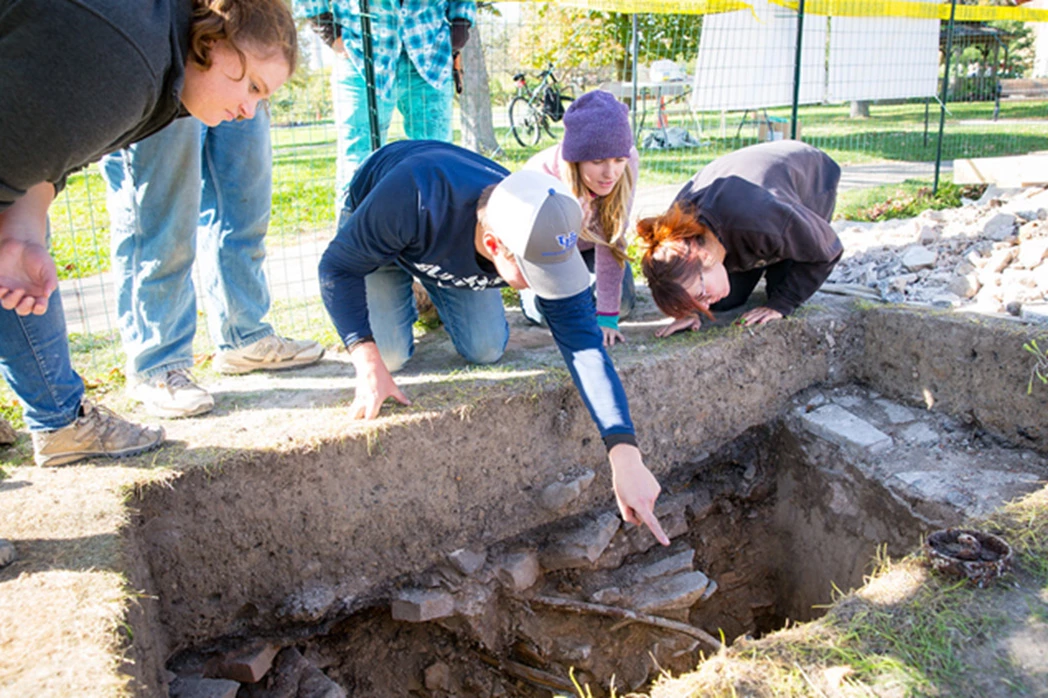To submit a grant application click here.

.
Frequently Asked Questions
The Network to Freedom Program is currently accepting grant proposals. The application can be found here: ASALH PARTNERS | Apply (wpengine.com)
Future funding opportunities will be posted to our website and distributed via our mailing list. To join our mailing list, email network_to_freedom@nps.gov.
Only current Network to Freedom members can apply for preservation and interpretation grants.
The National Park Service supports projects that achieve the goals of preservation, interpretation, and education of Underground Railroad history. Specifically, the projects should support or enhance the Underground Railroad associations for which site, program, or facility was listed in the Network to Freedom. Examples of projects that support these objectives include but are not necessarily limited to:
-
Markers or signs identifying the site as being in the Network to Freedom
-
Interpretive markers, brochures, exhibits, websites;
-
Historical research in support of interpretation or publications;
-
Oral history and documenting oral traditions;
-
Educational curricula and lesson plans;
-
Cultural Resource surveys;
-
Archeological surveys;
-
Preservation and restoration of historic buildings, structures, landscapes;
-
Projects to enhance accessibility of sites and programs (including installation of ramps or lifts)
-
National Register documentation and nominations;
-
Workshops and public educational programs;
-
Technical assistance in associated site and/or landscape identification; and
- Preservation and stabilization of cultural artifacts, collections, and documents.
- Develop new Network to Freedom historic site applications
A committee of reviewers, including National Park Service Network to Freedom regional program managers, other National Park Service staff, and non-National Park Service reviewers will rank applications and make funding recommendations. The following criteria will be used to rank project applications:
-
Need for the Project
-
Work Plan and Time Line for Project Completion
-
Project Outcomes
-
Project Budget
-
Bonus: New Grant Recipients
-
Bonus: Matching Funds
-
Bonus: Projects that have a direct student engagement or education component
- Duration:
- 45 minutes, 1 second
This zoom recording features information about our 2024 grants as well as a question and answer portion.
Last updated: July 18, 2025
